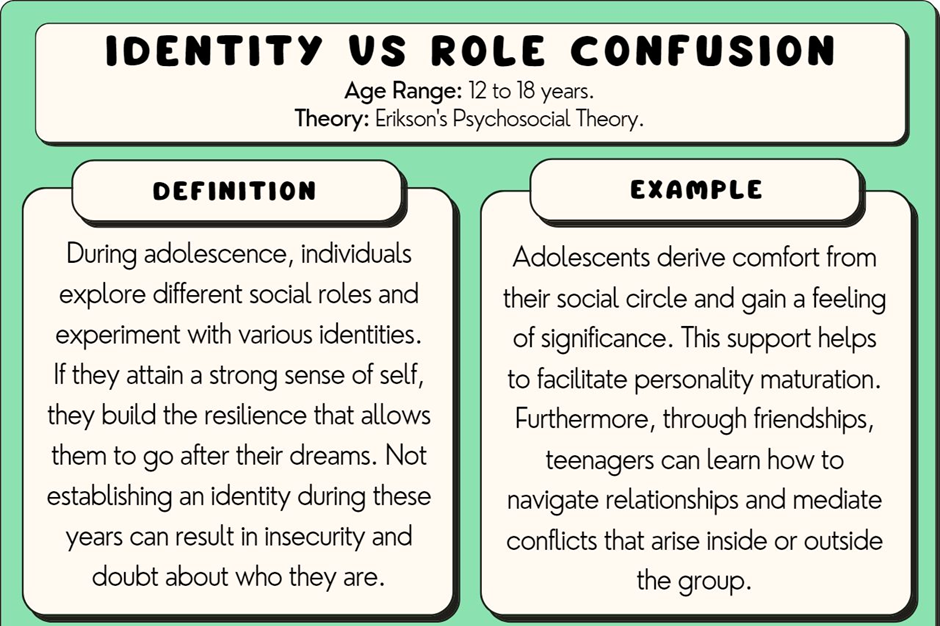Which style of leadership is demonstrated when an advanced practice nurse running a group on the adolescent unit makes no attempt to control the topic or the member's behavior and makes no comment unless asked a direct question?
Authoritarian
Autocratic
Laissez-faire
Democratic
The Correct Answer is C
Choice A Reason:
Authoritarian is incorrect. Authoritarian leadership is characterized by a leader who makes decisions unilaterally and expects strict compliance from group members.
Choice B Reason:
Autocratic is incorrect. Autocratic leadership is similar to authoritarian leadership, where the leader has centralized control, makes decisions without input from others, and expects obedience.
Choice C Reason:
Laissez-faire is correct. The leadership style demonstrated in this scenario is Laissez-faire. In a laissez-faire leadership style, the leader takes a hands-off approach and allows group members to have significant freedom in decision-making and behavior. The leader provides minimal guidance and only intervenes when asked or when absolutely necessary.
Choice D Reason:
Democratic is incorrect. Democratic leadership involves collaboration and shared decision-making among group members. The leader seeks input from the group and values the participation of all members in decision-making processes.
Nursing Test Bank
Naxlex Comprehensive Predictor Exams
Related Questions
Correct Answer is D
Explanation
Choice A Reason:
"I’m so sad and I feel I haven't accomplished much in my life." This statement may relate more to feelings of despair and a sense of unfulfilled purpose, which could be associated with Erikson's stage of Integrity vs. Despair (late adulthood).
Choice B Reason:
"I’m so anxious, can't seem to trust anyone. “This statement may indicate difficulties with trust and may be more aligned with Erikson's stage of Trust vs. Mistrust (infancy).
Choice C Reason:
"I'm so tired after work that I just want to watch TV and be alone. “This statement may reflect fatigue or a desire for solitude and may not directly represent the identity development struggles associated with Erikson's Identity vs. Role Confusion stage.
Choice D Reason:
"I'm so confused about what my goals are.” Erikson's phase of Identity vs. Role Confusion occurs during adolescence, and individuals in this stage are exploring and forming their own identity. The statement "I'm so confused about what my goals are" suggests a struggle with establishing a clear sense of identity and future direction, which is characteristic of the challenges faced during this developmental stage.

Correct Answer is B
Explanation
Choice A Reason:
"Why do you think you might have cancer when your diagnosis is a benign condition?” This response may come across as dismissive and could make the client feel unheard. It does not acknowledge the client's concerns and may discourage open communication.
Choice B Reason:
"I'm hearing that you are concerned that might turn out that you have cancer.” This response demonstrates active listening and acknowledges the client's expressed concern. It encourages the client to share their feelings and provides an opportunity for further discussion. Option B shows empathy and supports the client's emotional needs during a stressful time.
Choice C Reason:
"I'm looking at your chart here and I don't see any reason for you to worry about that.” This response focuses on the medical chart and might minimize the client's emotional concerns. It does not address the client's feelings and may create a sense of invalidation.
Choice D Reason:
"I think that's something you need to discuss with your provider.” While it directs the client to the provider, it doesn't acknowledge the client's emotions or provide immediate support. It may seem like a deflection rather than an empathetic response.
Whether you are a student looking to ace your exams or a practicing nurse seeking to enhance your expertise , our nursing education contents will empower you with the confidence and competence to make a difference in the lives of patients and become a respected leader in the healthcare field.
Visit Naxlex, invest in your future and unlock endless possibilities with our unparalleled nursing education contents today
Report Wrong Answer on the Current Question
Do you disagree with the answer? If yes, what is your expected answer? Explain.
Kindly be descriptive with the issue you are facing.
